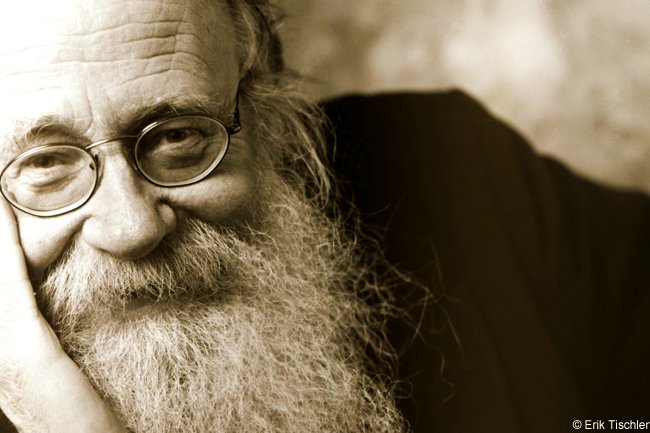By Adin Steinsaltz
On the ninth of Av in 586 B.C.E., the Holy Temple was destroyed, the city of Jerusalem was demolished, and much of the Jewish nation was forced, in chains, into exile.
Degraded and demoralized, their Temple in ruins, the Jews of the Babylonian exile (Galut Bavel) and their way of life should surely have disappeared. But they did not. Indeed, they thrived: Prayer replaced the Temple sacrifices, and it continues today. Scholarship flourished, through the development and study of the Babylonian Talmud, and it continues today.
We don’t know whether the generations of Galut Bavli discussed “continuity,” but they certainly achieved it.
There is much concern about continuity in the Jewish world today. Achieving continuity is not an end in itself, however. We must be concerned not only with how to assure continuity, but why? That is, what is it that we are so anxious to pass on?
Jewish continuity is a centuries-long relay, in which the “baton” is some manifestation of our special relationship with God. Abraham and Sarah passed the tradition on to Isaac, and he and Rebecca passed it on to Jacob. And just as the upcoming runner strides in tandem with his predecessor before the latter completely relinquishes the baton, so, too, each of us – ideally – has the opportunity to share our understanding and appreciation of our tradition with our offspring, before entrusting them to continue the journey.
Many Jews would say that the State of Israel is the answer to the unsolved problems of the Jews in the Diaspora. If we just send our children to Israel to be “inoculated” against assimilation, we will not have to worry about Jewish continuity in the U.S. Israel is important – there is no question – but not everyone is going to Israel. The Jews did not all return to Jerusalem when the Temple was rebuilt, and they are surely not all returning now. Depending on Israel to save American (or Russian or European) Jewry is asking a lot – Israel has enough to do to save herself.
We cannot live in the past, and we cannot live through others. Life is not a vicarious activity. Just as I cannot eat for someone else or sleep for someone else, I cannot study for someone else. Life is something each of us must do on our own. And if this is true of the mundane actions that keep my body alive, it is even more true of the exalted activities that nourish my spirit.
Jews in the Diaspora have two choices. They can give up, close up shop, and admit defeat, or they can create something new. Forgive my chutzpah, but I think there is a possibility, and even a need, to emulate the ancient Jews of Galut Bavel, to build a second center of Jewish life, a vibrant and creative community outside the State of Israel.
Such an effort will require massive changes: different plans and different ways of planning. It will require changes not only in institutions, but in individuals. It will require a deeper involvement by a much broader base of people, committed to personal growth and eager for challenge. That is what continuity – meaningful continuity – means.
To all appearances, as individuals, American Jews have done quite well, but as a people, they are yet to create a common, inspiring future. If American Jewry is to have such a future, many people will have to make a much larger investment. I am not talking about money – although money will certainly be necessary – but about doing something more difficult that writing a check. I am talking about people investing themselves: their time, their energy, their passion, their souls.
This requires a huge commitment, far more than anything that has been done before. It requires those with knowledge and enthusiasm to reach out to the many fine people who are estranged from everything Jewish. Together, they can establish the foundation for the renaissance we need.
We cannot re-energize Diaspora Judaism, any more than we can re-build the Temple, without hard work, determination, and hope.
These are worthy promises for our future, and goals within our reach. Tomorrow will have meaning, and the Judaism we pass on to our children will have substance, only if we invest the effort. No other people in history has survived, let alone grown and flourished, in exile, except the Jews. We must look to the example of Galut Bavel and create something new and exciting in America. Then we will be sure that subsequent generations will proudly continue the journey – as ever, a light unto the nations.
This article has been reprinted with permission from The Aleph Society, Inc.

Leave a Reply